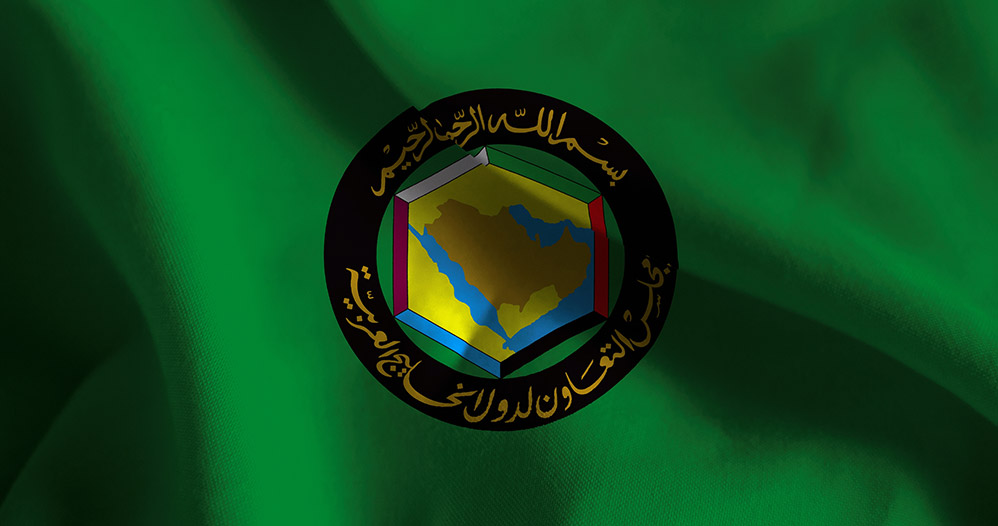Operational Status of the GCC Patent Office (GCCPO) – 2025 Summary

- GCCPO Operational Changes Since 2021
In 2021, the GCC Supreme Council officially abolished the unified regional patent filing system. As of January 6, 2021, the GCC Patent Office (GCCPO) stopped accepting new applications for patents automatically enforceable across all six GCC countries.
However, the office remains operational under a revised model:
- Legacy Application Processing: Applications filed before January 5, 2021, are still being examined and granted by the GCCPO. These patents remain valid across all six GCC countries.
- Outsourced Examination Model (Post-2023): The GCCPO now operates as a regional examining authority. It performs formal and substantive examination of patent applications forwarded by national IP offices of participating GCC countries. After examination, the files are returned to the national offices for grant or refusal.
- Participating GCC Member States
All six GCC countries remain formal members of the GCCPO.
- Saudi Arabia
- United Arab Emirates (UAE)
- Oman
- Kuwait
- Qatar
- Bahrain
As of 2025, only Bahrain, Kuwait, and Qatar utilize the new GCCPO examination mechanism. Saudi Arabia, the UAE, and Oman continue to handle patent filings solely through their own national offices.
- Filing Options for Applicants
Applicants from within the GCC or abroad have two primary filing options:
- National Direct Filings
- Applicants may file separately in each country through its national IP office.
- Filing can be done under the Paris Convention (12-month priority period) or the PCT national phase (generally 30 months).
- Each application is examined and granted independently; rights are confined to that specific jurisdiction.
- Filing via GCCPO (for Bahrain, Kuwait, Qatar)
- Applicants may file a single application via the GCCPO’s e-filing portal and designate one or more of the participating countries.
- The GCCPO examines the application using harmonized standards (novelty, inventive step, industrial applicability).
- Once approved, each designated national office issues a separate national patent.
- The cost is lower than multiple national filings (approx. USD 800 for filing), with only one examination process, reducing effort and cost.
Applicants still have the choice to file directly at the national offices of Bahrain, Kuwait, and Qatar, but the GCCPO route is preferred when more than one of these countries is targeted.
- Key Procedural Changes and Timeline
- January 6, 2021: GCCPO ceased accepting unified patent filings.
- 2022: GCC Patent Law was amended to enable outsourced examination. Bahrain updated its national law accordingly.
- Late 2022: GCCPO officially announced its shift to the new model and introduced a revised fee schedule.
- January 1, 2023: Bahrain and Kuwait began forwarding national applications to GCCPO.
- July 1, 2023: Qatar joined the system and began using GCCPO for patent examinations.
- 2024–2025: Saudi Arabia, UAE, and Oman have not yet joined the outsourced examination model. Patent applications in those countries remain fully managed by national offices.
- Strategic Implications
- The GCCPO is now a central examination hub rather than a grant authority for unified regional patents.
- Applicants need to pursue a hybrid protection strategy if they wish to cover all six GCC states—filing through GCCPO for Bahrain, Kuwait, and Qatar, and directly at national offices for the others.
- There is no longer a single GCC patent by default. All patents are now effectively national rights, even when examined centrally by the GCCPO.
- Patentability criteria remain harmonized across the GCC, and the term of protection remains 20 years from the filing date.
Conclusion
While the GCCPO no longer provides a unitary patent system, it remains an active body in the region. It’s new examination role simplifies regional patent filing for some GCC countries, helping applicants save costs and avoid redundant examination processes. Applicants targeting comprehensive protection in the GCC must now navigate a combination of national filings and GCCPO-assisted filings. GCCPO was, and still is, a signatory of the Paris Convention, but is NOT a PCT member. Hence, filing in GCCPO can be done within 12 months of priority ONLY
For Further info, please contact: mjomoa@kadasa.com.sa
